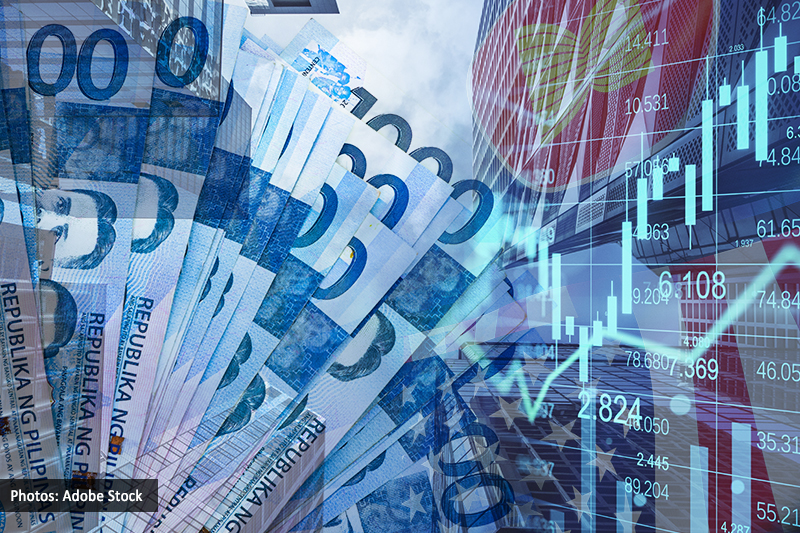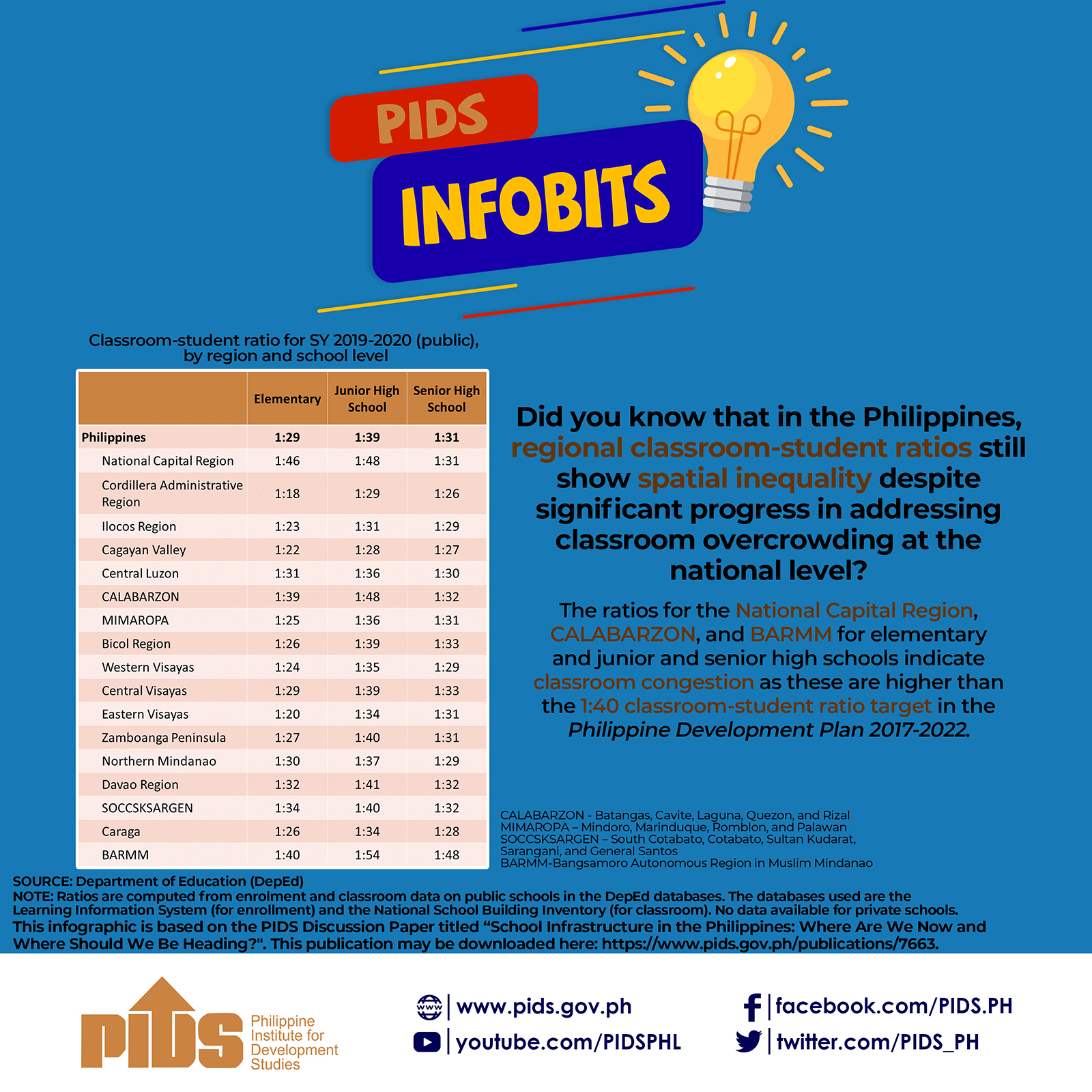MANILA, Philippines — The share of the budget deficit to the country’s economic output may have eased to 7.2 percent in 2022, a notable improvement from the record-high 8.6 percent in 2021.
In a webinar organized by the Philippine Institute for Development Studies, Department of Finance assistant chief economic counselor Marites Oliva said preliminary data showed that the deficit, when measured against gross domestic product (GDP), declined to 7.2 percent in 2022.
National Treasurer Rosalia de Leon also confirmed the initial data.
The national government cash operations report, where the exact budget deficit is found, is set to be released on Feb. 28.
“The target is 7.6 percent of GDP and the actual, based on preliminary estimate, is around 7.2 percent. So it’s much better,” Oliva said.
Last year’s initial deficit-to-GDP ratio at 7.2 percent is an improvement from the record-high 8.6 percent in 2021.
The budget deficit eased last year amid the continued reopening of the economy that allowed the government to ramp up its tax and revenue collections.
The government recorded a more than four-decade-high 7.6-percent GDP growth in 2022.
Similarly, the government managed to cut down on its expenditures particularly on financial assistance to vulnerable groups as no huge lockdowns were imposed last year.
However, the high commodity prices that resulted in rising interest rates here and abroad also put an upward pressure on government expenditures.
The initial deficit-to-GDP ratio at 7.2 percent only showed that the deficit expanded in the fourth quarter alone as the ratio already stood at 6.5 percent as of the third quarter of 2022.
Nonetheless, the downtrend in the ratio is expected to persist amid sustained economic growth this year.
This year, the administration’s economic team aims to cut the deficit-to-GDP ratio to 6.1 percent and further trim it to 5.1 percent by 2024.
The continued downtrend is expected by 2025 at 4.1 percent and slash the ratio to 3.5 percent and 3.2 percent by 2026 and 2027, respectively.
By the end of the Marcos administration, the country’s deficit-to-GDP ratio is targeted to be at the three percent level in 2028. Local stocks ended a roller-coaster week in the green yesterday, bucking a general downturn in Asia, as investors scouted for bargains amid a still cautious sentiment over an impending interest rate hike by the Bangko Sentral ng Pilipinas (BSP) next week.
The benchmark Philippine Stock Exchange index (PSEi) finished at 6,876.79, up 34 points or 0.50 percent, while the broader All Shares index rose to 3,653.17, up 9.67 points or 0.27 percent.
Traders also noted the rebalancing in the MSCI index to be implemented on Feb. 28 also led to a portfolio realignment by investors.
Market sentiment is still supported by a less hawkish US Federal Reserve stance, they added.
Meanwhile, Asian shares were mostly lower yesterday after Wall Street retreated for a second day as market watchers considered earnings reports and various indicators about whether inflation is waning in the US and elsewhere.
Investor focus is now trained on crucial US consumer price data due Tuesday.
Traders also fretted about the potential for further Federal Reserve tightening and the effect on the economy.
At the start of this week, investors had been cheered after Fed Chair Jerome Powell refrained from striking a more hawkish posture following after a much stronger than expected jobs report at the end of last week.
“Powell maintained a relatively dovish tone, and markets took that as a green light to rally, but pretty much 24 hours later we got a stream of extremely hawkish Fed speak,” said Tony Sycamore, a strategist at IG.
“If rates go past that five, five-and-a-quarter percent range that the Fed has previously indicated, markets are definitely not priced for that - absolutely not.”
Next week will bring the release of US and British inflation updates, as well as US retail sales and industrial production data. On Tuesday, Japan will report its economic growth figures for the final quarter of 2022.
High inflation and worries about a slowing economy have already begun to hit corporate earnings, and big US companies have been reporting relatively lackluster results for the end of 2022.








